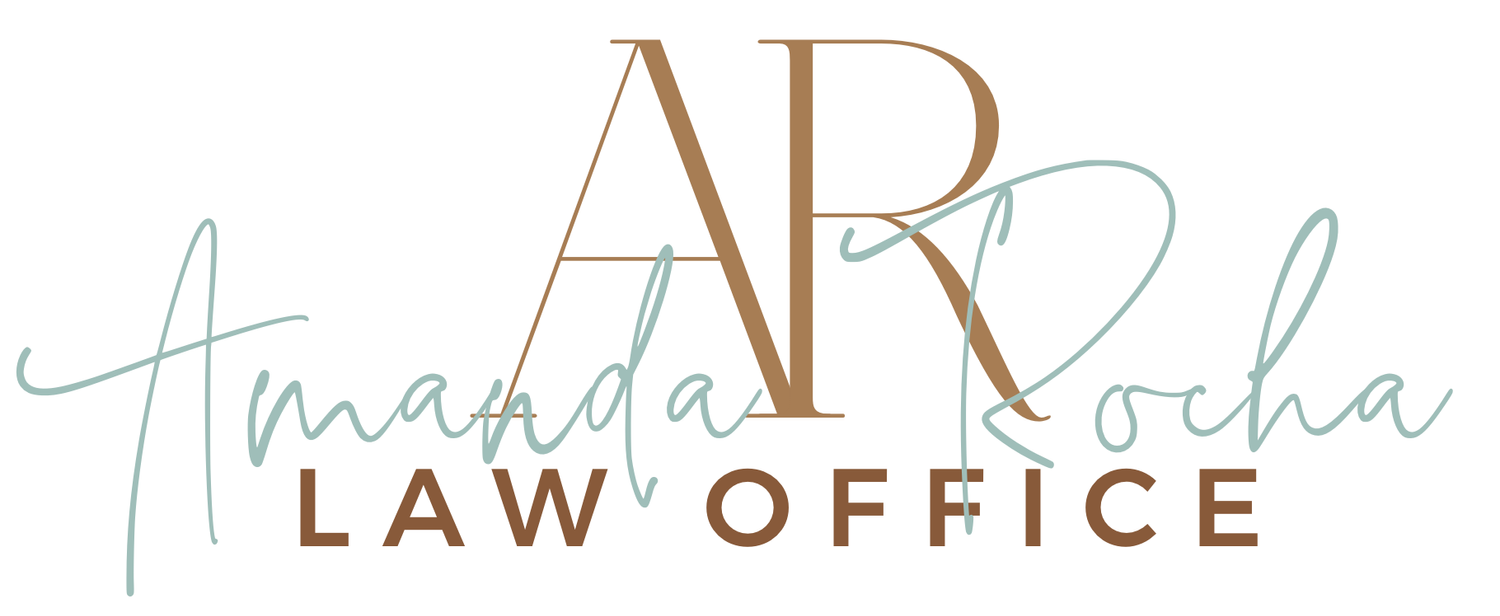What Does a Trustee Actually Do?
A trustee has a huge undertaking and it is not a job to be taken lightly. They are given duties by law to uphold. In California, these duties are found in the Probate Code, Sections 16000 – 16105.
What is a Trust?
A trust is a legal arrangement set up either by will (after death) or during lifetime via a deed of trust or declaration of trust, in which a settlor (creator of the trust) names a trustee to hold the trust property for the beneficiaries.
To read about the most common types of trusts, click here.
What is a Trustee?
A trustee is the person who takes legal title to the items of a trust and carries out the instructions drafted by the creator of the trust (settlor), whether it be to distribute property to beneficiaries, deal with third parties, or make individual decisions on behalf of the settlor.
Who Can Be a Trustee?
A trustee is someone over the age of 18 with the mental capacity to carry out the terms of the trust. For tax purposes, the trustee must be a U.S. Citizen.
For more on who SHOULD be a trustee, check out this post.
What Powers Does a Trustee Have?
A trustee can have limited powers such as to follow the instructions in the trust document only, or can have the power to make independent decisions and change the original trust provisions as needs and situations evolve. It is up to the person creating the trust. More than ever, language is highly important and could make a world of difference when drafting a trust.
What Duties Does a Trustee Have?
Theses duties are dictated by law, and are not as simple as they sound. In order to make matters less complicated here, and to keep this from sounding like a law school class, I am going to outline the duties without going into too much detail. A trustee should work with a lawyer to fully understand their duties under the law.
Duty of Loyalty
This is a duty of undivided loyalty to the beneficiaries. You can imagine how difficult and confusing this can be if the trustee is a beneficiary. It is not recommended that someone who is benefitting from an estate be the trustee.
Duty to Administer the Trust
This requires the trustee to notify all beneficiaries of the administration of the trust, to keep an accounting of the trust and provide it to the beneficiaries per law, communicate and report to the beneficiaries, and follow the provisions of the trust.
Duty to Avoid a Conflict of Interest
The trustee must avoid bringing harm to any beneficiary and may not benefit from the trust or any transaction created out of or in the trust with a beneficiary.
Duty to Deal Impartially with Beneficiaries
If the trustee is given powers to make decisions, she/he must not favor one beneficiary over the others and must take all into account.
Duty Not to Undertake an Adverse Interest
Must not become a trustee of a competing trust.
Duty to Take Control of and Preserve Trust Property
The trustee must take the reasonable steps to take control of and protect trust property.
Duty to Not Require Beneficiary to Relieve Trustee of Liability
A trustee must not require a beneficiary to hold him/her harmless by refusing to act or withholding property.
Duty to Make Trust Property Productive
This is a duty that does not apply to every term of the trust. If for example there is a sum of money, the trustee has a duty to ensure it is earning interest, etc.
Duty to Keep Trust Property Separate and Identified
A trustee must not co-mingle trust property and other property. It must remain separate and identifiable.
Duty to Enforce Claims
A trustee must enforce any claims that are a part of the trust property.
What Does the Trustee Do When They Are Required to Act?
Review Trust documents;
Locate and secure Trust property;
Identify beneficiaries and determine their inheritance rights;
Identify creditors and debts and determine what valid creditor claims exist;
Prepare the Trust estate to pay debts and make distributions to beneficiaries; and
A non-professional trustee should work with a trust attorney to ensure the trust is administered efficiently and cost-effectively and to ensure that any issues that arise are handled correctly.
For questions, guidance, or to set up a trust, please contact me for a FREE 30 MINUTE CONSULTATION!

